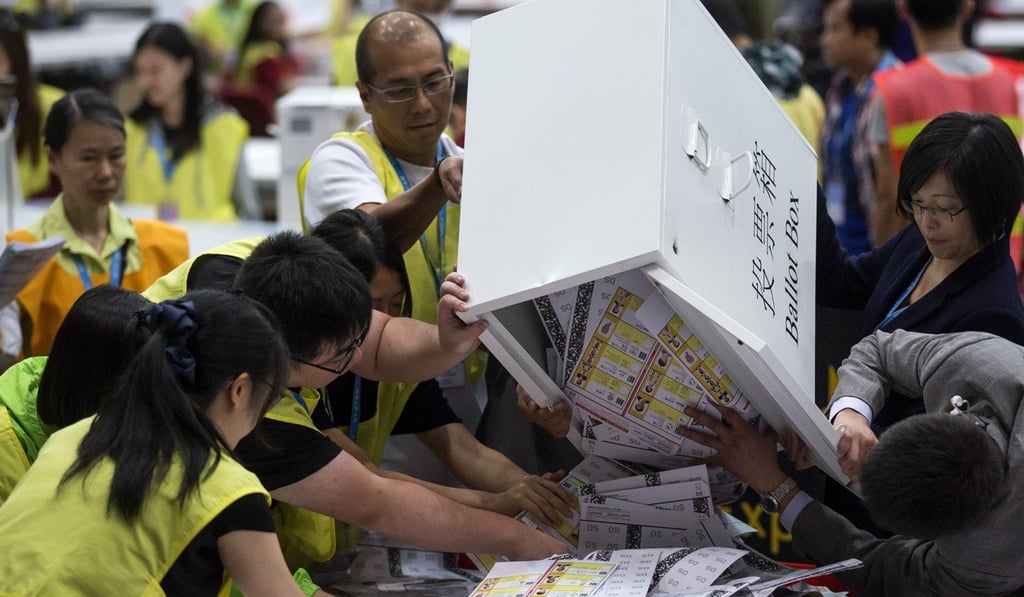Ex-Hong Kong election chief Wong See-man was told of lost voter register a year before denial, Electoral Affairs Commission finds
- Former boss of Registration and Electoral Office transferred from department after critical watchdog report
- Minister expresses regret over loss of information of 8,000 voters in privacy scandal from Legislative Council elections in 2016

Hong Kong’s former chief electoral officer was told of a missing register containing the personal information of thousands of voters more than a year before he publicly denied knowledge of the incident, a watchdog has found.
Wong See-man, who headed the Registration and Electoral Office (REO) and has been on leave since the end of June, was removed from the department on Wednesday in the wake of the damning report.
Secretary for Constitutional and Mainland Affairs Patrick Nip Tak-kuen said he felt “regretful and disappointed” about the incident, saying the REO would improve its handling and storage of election materials with a raft of new measures.
The revelation came as the Electoral Affairs Commission released an investigative report on Wednesday over REO’s missing register, which contained the personal details of 8,000 voters used at a polling station in Tsing Yi during the Legislative Council elections in September 2016.
